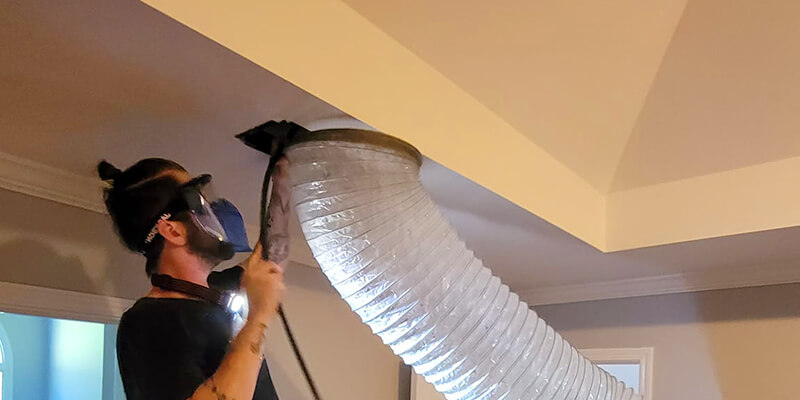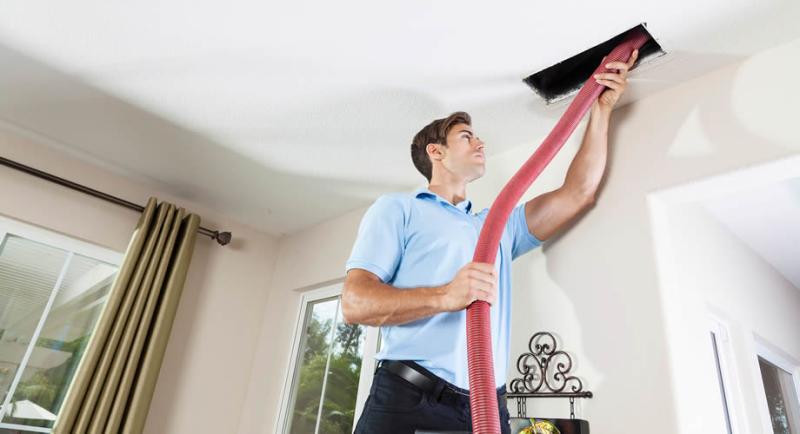In the world of heating, ventilation, and air conditioning (HVAC), understanding the types of filters available is crucial. The right filter can improve air quality, enhance system efficiency, and reduce energy costs. For homeowners and business owners alike, knowing what are the types of filters in HVAC system can make a tremendous difference.
HVAC systems are essential in maintaining indoor air quality, and the filter plays a significant role. By preventing dust, allergens, and contaminants from circulating, these filters help in keeping the environment healthy. Here, we delve into the various types of HVAC filters available.

Big Introduction to HVAC Filters
The HVAC system’s filter is its first line of defense against airborne particles. The efficiency and effectiveness of an HVAC system significantly depend on the type of filter used.
1. Fiberglass Filters
Fiberglass filters are the most common type. Made from layered fiberglass fibers, they are budget-friendly and widely used. These filters capture large particles, protecting the HVAC system from debris.
2. Pleated Filters
Pleated filters, often made from polyester or cotton, are more efficient than fiberglass filters. Their pleated design increases the surface area, allowing them to capture smaller particles and allergens.
3. Electrostatic Filters
Electrostatic filters use self-charging fibers to attract and trap particles. They are washable and reusable, making them a cost-effective option for many homeowners.
4. HEPA Filters
High-Efficiency Particulate Air (HEPA) filters are known for their exceptional ability to trap tiny particles. They are ideal for environments requiring high levels of cleanliness, such as hospitals and laboratories.
5. UV Filters
Ultraviolet (UV) filters use UV light to kill bacteria and viruses. While they don’t capture particles, they are excellent at disinfecting the air passing through the HVAC system.
6. Activated Carbon Filters
Activated carbon filters are designed to remove odors and gases. By using a layer of activated carbon, these filters can absorb and neutralize harmful chemicals, improving indoor air quality.
7. Media Filters
Media filters are thick and dense, capturing particles of various sizes. They offer high efficiency and long service life, making them suitable for both residential and commercial applications.
Benefits of Choosing the Right Filter
Choosing the right filter for your HVAC system brings numerous benefits. Improved indoor air quality, increased system efficiency, and reduced energy costs are just a few advantages.
Factors to Consider When Selecting a Filter
When selecting a filter, consider factors such as the MERV rating, filter size, and specific needs of your environment. It’s essential to balance efficiency with the system’s capabilities.
For more detailed information on maintaining your HVAC system, check out this resource.
Maintaining Your HVAC Filters
Regular maintenance is critical to ensuring your HVAC filters function optimally. Cleaning or replacing filters at recommended intervals helps in maintaining system efficiency and air quality.
Common Problems Due to Poor Filter Choice
Choosing an unsuitable filter can lead to several problems, including reduced airflow, increased energy consumption, and poor indoor air quality. Understanding the types of filters helps avoid these issues.
Environmental Impact of HVAC Filters
Different types of HVAC filters have varying environmental impacts. Choosing reusable or eco-friendly filters can help reduce waste and promote sustainability.
Frequently Asked Questions
What is the best type of HVAC filter?
The best type depends on specific needs, such as air quality requirements and budget. HEPA filters are excellent for high cleanliness, while pleated filters offer a balance between cost and efficiency.
How often should HVAC filters be replaced?
The replacement frequency varies by filter type and usage. Generally, fiberglass filters should be replaced every 30 days, while pleated filters can last 90 days or more.
Can I clean and reuse my HVAC filter?
Some filters, l
For more tips on maintaining your HVAC system, visit this external resource.
Conclusion
Understanding what are the types of filters in HVAC system is vital for maintaining a healthy and efficient environment. By choosing the right filter, you can enhance indoor air quality, protect your HVAC system, and reduce costs. Regular maintenance and informed choices lead to a tremendous improvement in air quality and system longevity.
For further insights into HVAC systems and maintenance, explore this valuable resource on air duct cleaning.